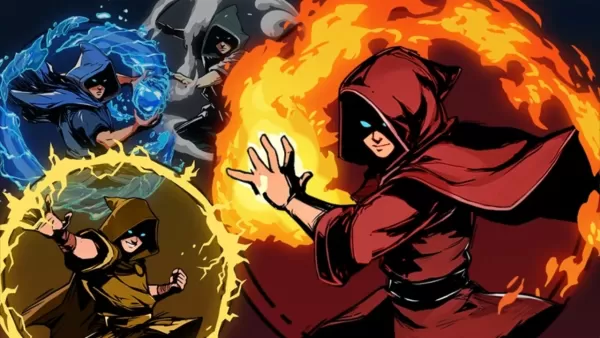Former BioWare developers have criticized EA's assessment of Dragon Age: Dreadwolf's underperformance and subsequent restructuring of BioWare. EA CEO Andrew Wilson attributed the game's failure to a lack of broad appeal, suggesting the need for "shared-world features and deeper engagement" alongside strong narratives to attract a wider audience. This statement implied that a live-service model might have improved sales.
However, this interpretation clashes with the game's development history. IGN previously reported on numerous development hurdles, including layoffs and the departure of key personnel, and a significant shift from a planned multiplayer game to a single-player RPG. According to Bloomberg's Jason Schreier, BioWare staff considered the game's completion a miracle given the late pivot away from live-service elements.
Several former BioWare employees voiced their opinions on social media. David Gaider, former narrative lead on Dragon Age, argued that EA's takeaway—that the game should have been live-service—is short-sighted. He suggested that EA should instead emulate Larian Studios' success with Baldur's Gate 3, focusing on the core strengths of the Dragon Age franchise that resonated with fans. He highlighted that while Baldur's Gate 3 features co-op, it remains primarily a single-player experience.
Mike Laidlaw, another former Dragon Age creative director, expressed even stronger dissent, stating he would have resigned if pressured to fundamentally alter a successful single-player IP into a purely multiplayer game. He emphasized the importance of preserving the core DNA of what made the franchise beloved by its fans.
The consequences of Dragon Age: Dreadwolf's underperformance are significant. BioWare has been restructured, focusing solely on Mass Effect 5, with substantial staff reductions. EA's CFO, Stuart Canfield, acknowledged the evolving industry landscape and the need to prioritize high-potential projects, effectively signaling a diminished future for the Dragon Age franchise.















